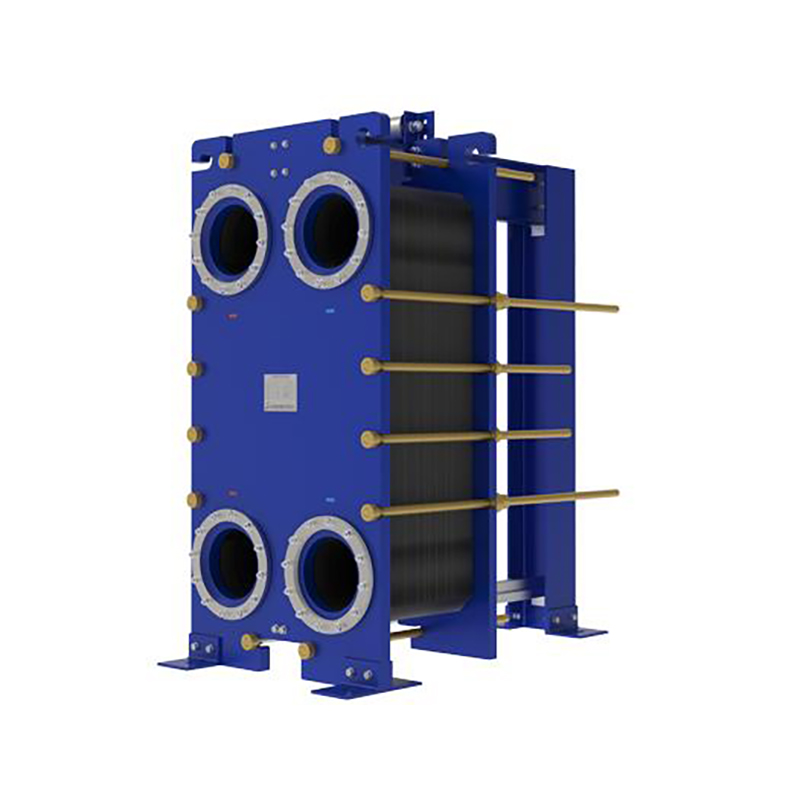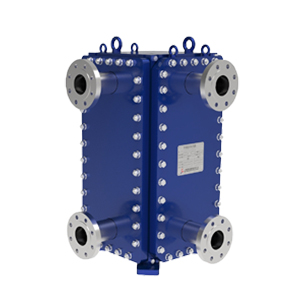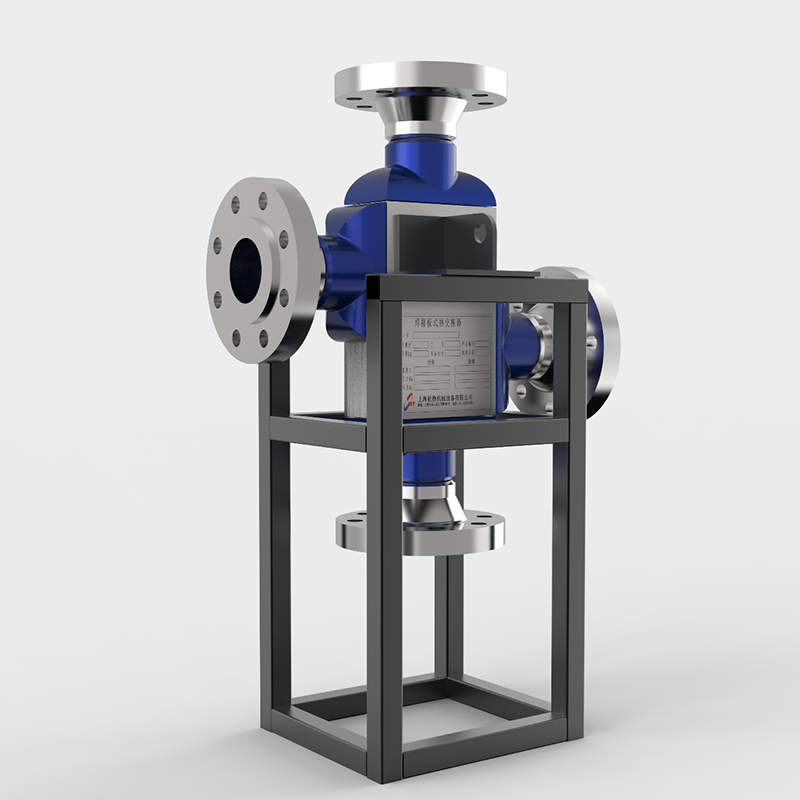5 key roles of plate heat exchanger gaskets.
Plate heat exchanger gaskets perform 5 key roles: ...
More
A diesel heat exchanger is a specialized device designed to transfer heat between diesel fuel and another fluid or medium, optimizing thermal efficiency in industrial and automotive systems. These exchangers are engineered to handle the high temperatures and corrosive properties of diesel, ensuring reliable performance in demanding environments. Commonly used in power plants, marine engines, and heavy machinery, diesel heat exchangers enhance fuel efficiency, reduce emissions, and prolong equipment lifespan by maintaining optimal operating temperatures. Their robust construction, often featuring materials like stainless steel or aluminum, ensures durability and resistance to thermal stress.
Diesel heat exchangers operate on principles such as conduction and convection, leveraging advanced designs like shell-and-tube or plate-type configurations. They are critical in applications where precise temperature control is required, such as preheating diesel for combustion or cooling engine components. By improving heat recovery and reducing energy waste, these systems contribute to cost savings and environmental sustainability. Industries relying on diesel-powered equipment increasingly adopt heat exchangers to meet regulatory standards and operational demands, making them a cornerstone of modern thermal management.
Choosing a diesel heat exchanger offers unparalleled advantages in efficiency, durability, and environmental compliance. These systems are proven to enhance fuel economy by up to 15%, as evidenced by industry studies, while reducing harmful emissions like NOx and particulate matter. Their ability to recover waste heat and repurpose it for other processes translates to significant energy savings, with some installations reporting payback periods of under two years. Additionally, diesel heat exchangers are designed for low maintenance, with corrosion-resistant materials and modular designs simplifying repairs and upgrades.
In sectors like shipping and manufacturing, diesel heat exchangers are indispensable for meeting stringent emissions regulations, such as IMO Tier III and EPA standards. Real-world data from marine applications shows a 20–30% reduction in fuel consumption when integrating advanced heat recovery systems. Their adaptability to diverse operational conditions—from extreme cold to high humidity—makes them a reliable choice for global industries. By investing in a diesel heat exchanger, businesses not only boost operational efficiency but also align with sustainability goals, future-proofing their operations against evolving environmental mandates.
Select the most popular foreign trade service products to meet your diverse needs
Learn more about the dynamics and professional knowledge of the foreign trade industry

Plate heat exchanger gaskets perform 5 key roles: ...
More
A gasket in heat exchanger seals surfaces, blocks ...
MoreAPI 662 defines standards for plate heat exchanger...
More
You can see clear differences between welded block...
More
Ignoring a fouled heat exchanger causes high energ...
More
A heat exchanger's main parts include the heat tra...
MoreSelect the most popular foreign trade service products to meet your diverse needs
Explore more content related to foreign trade services

User Comments
Service Experience Sharing from Real Customers
John Smith
Mechanical EngineerThe diesel heat exchanger works flawlessly! It's highly efficient and has significantly improved our system's performance.
Emily Johnson
HVAC TechnicianGreat product! Easy to install and maintain. The heat exchanger has reduced our energy costs noticeably.
Robert Brown
Plant ManagerThis diesel heat exchanger is a game-changer for our operations. Durable and reliable under heavy use.
Sarah Davis
Energy ConsultantImpressed with the performance and build quality. It's a great investment for any diesel-based heating system.